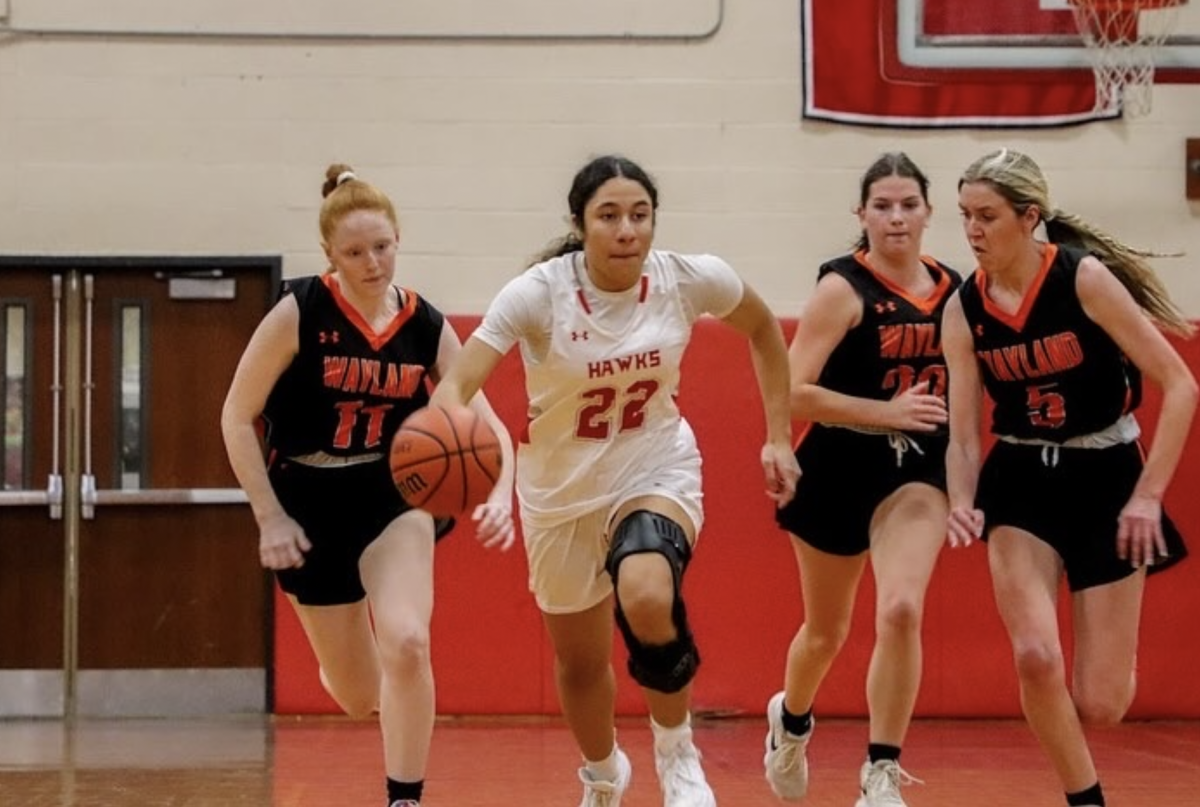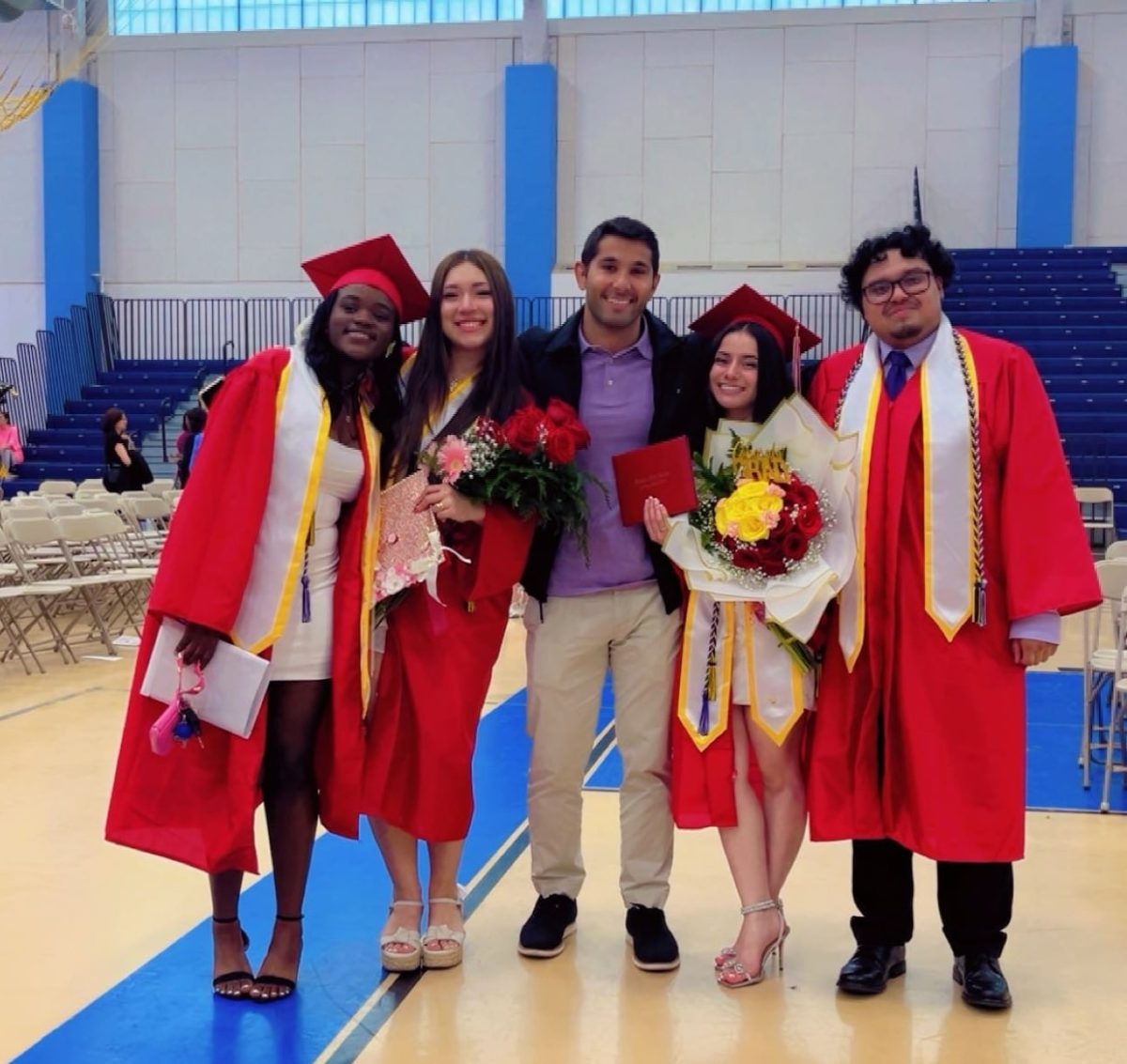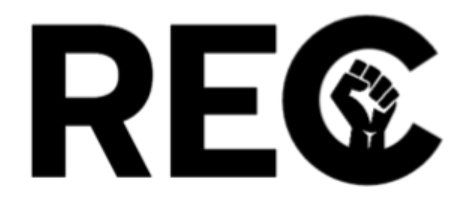Being an athlete who plays basketball during a time like March Madness, it is fun to stay caught up in the competitiveness of the game. Competing in sports I would say is considered both a mental battle and a physical battle. The physical battle takes hard work and shows the determination an athlete has in getting stronger in the gym or staying after practice to get up more shots, however what is arguably harder is the mental battle that an athlete has to face. When sports is taken out of a person’s life for a period of time because of injury I think that is one of the hardest battles to face. As someone who has gone through two ACL injuries 2 years back to back playing the same sport it can be discouraging and hard to stay positive. It is easy to say that you are “fine” when it comes to responding to pain or just overall control over the situation. When things are not “fine”, it is important to speak up especially when you have an ACL injury because the physical battle is far easier than the mental battle. There are many aspects of an ACL injury that athletes don’t talk about as much, but are essential to healing and need to be supported.
Watching your team play without you
Before my injury, I was a player who my coach and teammates relied on heavily. I played mostly the whole game and I fed off of the energy of my teammates. I had a specific role on my team especially as a captain to play my best on the court. However, after my injury I had to find a new role. Having that new role on the bench is hard especially when all you want to do is go out there and play. Watching your teammates have success or failure without you being involved in scoring or defense is hard to watch sometimes especially when all you want to do is help. I would say a good start in becoming a better person and leader is to make the most out of your new role on the bench and keep persevering to make your teammates better. Having a role on the bench is important because you see things that your teammates don’t while they are playing. From a new perspective you can offer constructive feedback to your teammates on how to perfect their game and cheer them on as well! It is important to keep being involved in a positive environment so athletes have a good thing to look forward to coming back to.
The “in between” phase of recovery
One of the most annoying things about ACL injuries is the time that it takes to heal. Nine months is usually the baseline timeline to return for most contact sports. The “in between” phase of recovery is that 3-6 month range of recovery. In this stage you don’t look physically hurt from the outside, but in reality you are far from being strong enough to return to the sport you play. It is easy at this time to become discouraged and to not have the motivation to do the physical therapy exercises needed to recover fully. This is the phase where the people around you start to forget about what you are going through. It is definitely the most lonely period because the only person that you can rely on is yourself when it comes to becoming better and getting stronger. To find motivation in this “in between” stage I would suggest finding someone you trust to talk to about what you are going through. It doesn’t have to be necessarily emotional but just a checkup on where you are at in your recovery and what is on your mind.
Having too much free time
Being an athlete who plays some sort of sport throughout the year to not playing at all is a big leap. In my situation, I ended up having free time that I have never experienced before in the afternoons. Before when I was playing sports in the afternoon, I felt like my time had a structure to it, and I had certain times to take care of certain things. Without that structure, free time can be very disorienting. Recently I have been struggling with finding some sort of schedule again. Making time for things while injured is definitely harder than not being injured because the days can pass you by and you won’t even realize it. Not only that, but practice for a lot of athletes who enjoy the sports they play is the highlight of their day. I would say to fix the problem of disorganization in the afternoon and to build structure for the day, it is important to create to-do lists and stay off your phone. It is so tempting to just waste the afternoon on your phone, but that is not healthy and it is proven that phones and social media can lead to things such as depression.
Feeling Left out & Isolated
Team dynamics can be complicated and while being injured it is easy to feel like you don’t fit in or don’t belong because you are not participating in the way that you want to. Being sidelined can lead to feelings of isolation and loneliness. In most cases you are the only person on your team going through an ACL injury at the time and even if your teammates are trying to include you there is still that sense of being on the outside looking in. I struggled with in particular being worried that I would lose my spot or that everyone else on my team is improving beside me so now I have to catch up. To fix this mental challenge, I would say to write these feelings down and talk to coaches that you trust. You are not necessarily being left out but I imagine that your coaches can help you be more engaged during practices and help out.
Body Changes During Recovery
When I was recovering from my surgery, I lost 10 pounds in the first month. My injured leg was significantly smaller than the other leg, and it made me feel insecure about the way I looked given the way I looked before. Losing muscle that you worked to gain your whole life is discouraging and it takes a long time to gain that muscle back in the gym. To fix this I would say to be patient with yourself. You are your biggest critic and use that as motivation to get to the gym and work hard.
Feeling Vulnerable
By far the biggest challenge after an ACL injury is feeling vulnerable. I went from being at the peak of my basketball career to being at the lowest at my basketball career in a matter of seconds. I was never really an emotional person until my injury. It is hard for me to express the way I am feeling and telling people that I am not doing ok. Showing weakness for me most of my life in sports was taboo but losing the ability to do something you love for nine months is something that can break a person. I would say again to be patient with yourself and it is okay to show emotion. Talking about your injury helps trauma not build up in your head. Coming back to playing sports after the injury it is important to show emotion because it shows that you care. One of the biggest challenges for me when I came back to play basketball was people judging my ability to perform after being gone for so long. Living up to standards that you set for yourself or that other people set for you. Taking it one step at a time is important.
While I love the sports I play, you can’t always play them competitively for the rest of your life. I feel like the re-injury of my knee will always stay with me regardless of how much rehab I do or how much preparation for my season goes. Staying positive through an ACL injury is important to not give up and persevere to be better than you were before.






